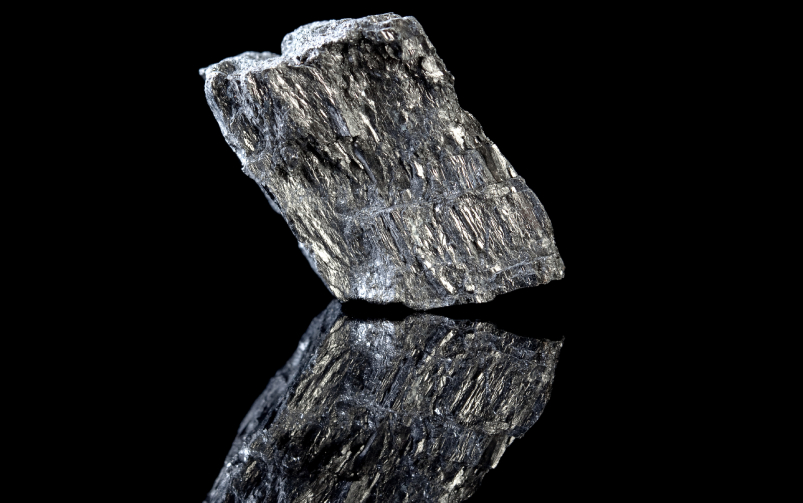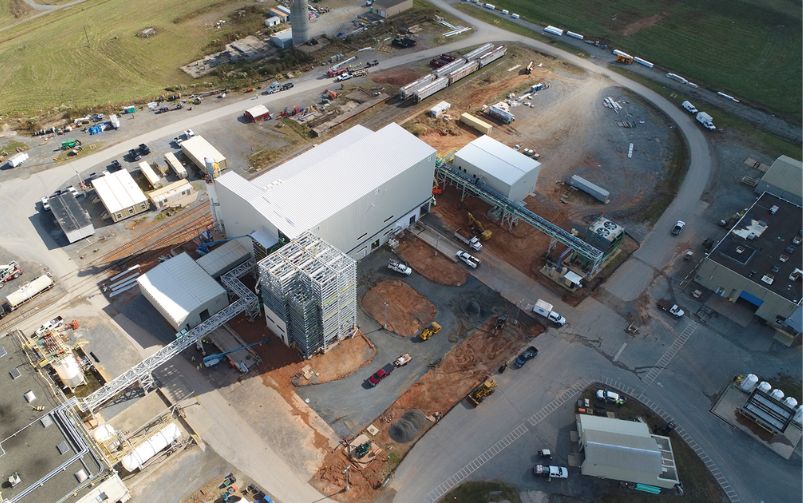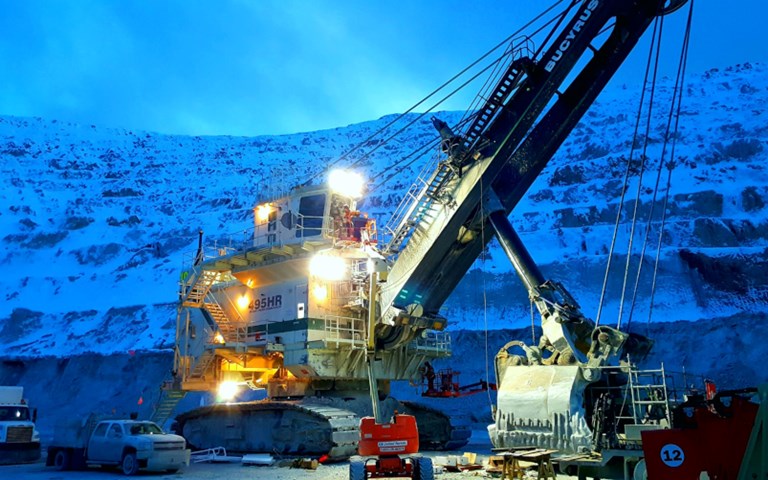MineSense’s latest round of financing will help it commercialize its ShovelSense ore analysis technology. Courtesy of MineSense
On Dec. 7, 2022, MineSense Technologies announced that it had closed a US$42 million Series E financing round led by J.P. Morgan Asset Management’s Sustainable Growth Equity Team and Evok Innovations, a clean-tech-focused venture fund, which it said will be used to accelerate the commercial deployment of its ore data visibility technology.
At the time of the announcement, MineSense declared that its revenues had tripled over the past year, and it was recognized as one of the fastest growing companies in North America by Deloitte. It is not alone, however, as the mining and metals sector has seen its largest bump in private technology investment in quite a while.
Last year contained a steady wave of mining and metals technology startups raising large amounts of cash, sometimes with huge names attached. February saw Bill Gates-backed KoBold Metals and its AI exploration technology raise US$192.5 million from investors such as mining giant BHP. Jetti Resources and its copper extraction technology raised US$100 million in October before BMW purchased an undisclosed stake in the company in December. In November, battery recycler Redwood Materials agreed to supply nickel-cathode to Panasonic Energy in a deal that, according to Redwood, is worth billions.
Related: New digital tools and sensor technology complement the environmental and cost advantages of conveyor transport
And that is not an exhaustive list. According to data compiled by Cleantech Group, mining and metals technology companies in 2021 saw US$370.6 million in financing, with over US$1 billion in investment in 2022, almost tripling in just one year.
These deals did not appear out of nowhere. Most countries with net-zero targets signed them into law between 2018 and 2020. Countries such as the United States and Canada have made the development of critical minerals needed for clean energy transition a major priority moving forward. According to Holly Stower, lead associate for resources and environment at Cleantech Group, the high figures in 2021 saw those net-zero commitments “come to fruition,” with several aspects of the mining industry ripe for clean tech disruption.
“Battery metals are a key theme with clear downstream demand and heavy investment. EV battery producers and EV producers in general are trying to secure the battery metal supply chain. Lithium producers and refiners are also seeing lots of activity. Companies that are able to produce lithium from more challenging sources (e.g. brines) as well,” Stower said. “Electrification of heavy-industry vehicles is the ‘low hanging fruit’ of mining operations decarbonization. On the upstream side of things, investment in subsurface imaging and mineral detection [is growing], making mineral exploration more data-based and informed.”
With all this opportunity to invest, funds are starting to take notice. J.P. Morgan’s Sustainable Growth Equity Team was announced at the beginning of 2022 with US$150 million to invest in “resource efficiency and climate adaptation solutions.” Venture capital firm BDC announced its $400 million Climate Tech Fund II in November, the follow up to its $600 million Climate Tech Fund I from 2018.
Mining companies themselves are getting in on the action as well. In addition to BHP Ventures, the miner’s venture capital arm launched in 2020, Vale announced in June 2022 its US$100 million venture capital unit, aptly named Vale Ventures.
While it seems that the money hose has been turned on for these clean tech companies, it likely will not last forever. According to a report published by PwC, a decline in investment following a massive spike across all clean technologies is expected given the often-cyclical nature of corporate deal-making. However, according to the International Energy Agency, demand for five key critical minerals (lithium, cobalt, nickel, copper and neodymium) could increase by 1.5 to seven times by 2030 should countries look to stick to their net-zero 2050 goals, meaning there will likely still be opportunity for technologies that can help produce those materials sustainably.
According to Stower, sustainable minerals production will be key for the world to achieve its goal of decarbonization.
“Overall, the technologies that we will need to decarbonize require massive amounts of minerals. An EV, for example, requires significantly more mineral/metals components than an internal combustion engine vehicle. So, we have a massive demand for critical minerals, battery minerals, but we are using mining techniques and equipment that were developed 150 years ago,” Stower said. “Aside from that, critical mineral resources are harder to find and general ore quality is lower. Investing in mining sustainability and optimization is not just a question of cleaning up the EV battery value chain, the bigger picture is finding a sustainable way to provide the critical minerals that are essential to global decarbonization.”




